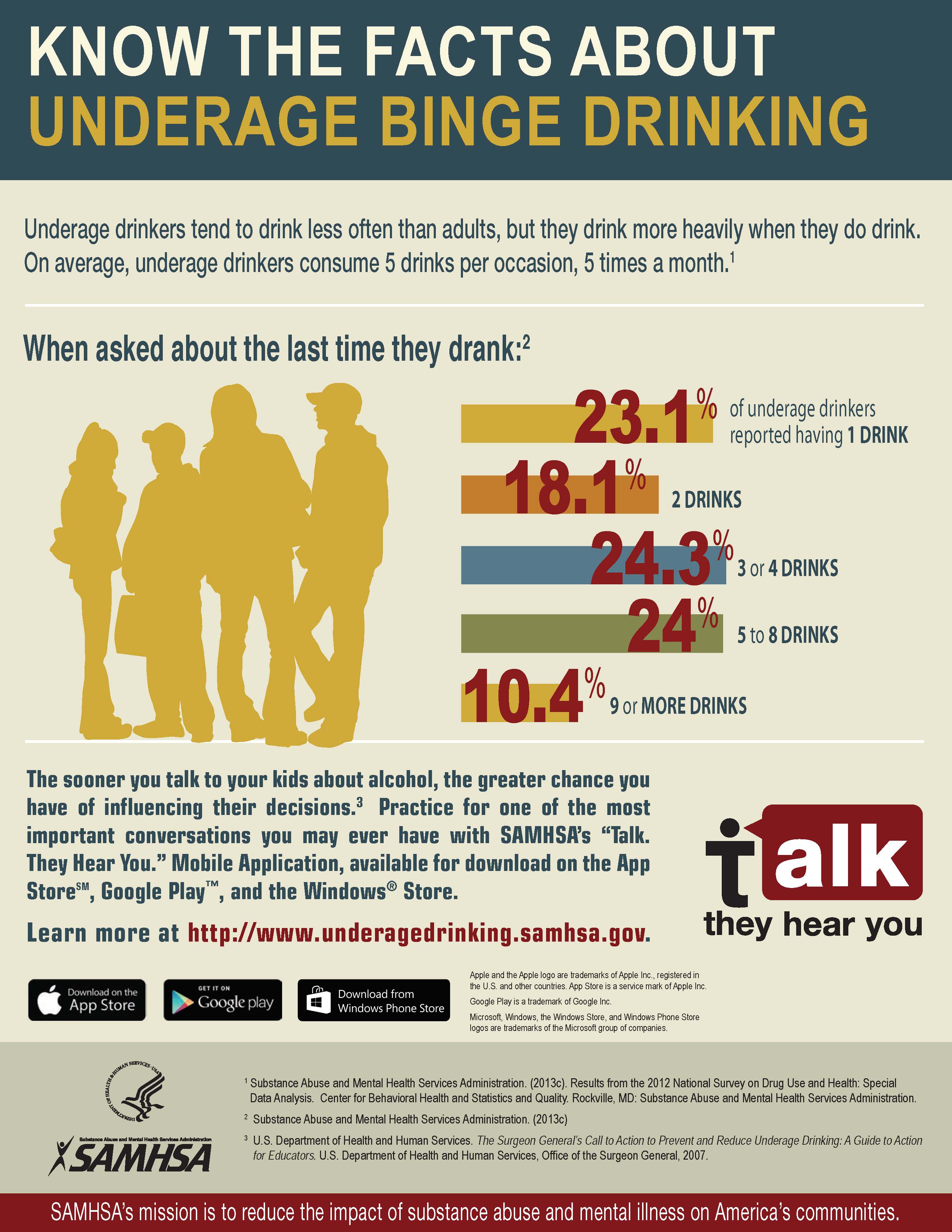Check Out The Truths Behind Frequent Drug Recovery Mistaken Beliefs That Might Affect Your Recovery Path-- Uncover What Is Important For You To Learn
Check Out The Truths Behind Frequent Drug Recovery Mistaken Beliefs That Might Affect Your Recovery Path-- Uncover What Is Important For You To Learn
Blog Article
Staff Writer-Matzen Rogers
When it concerns drug rehabilitation, false impressions can shadow your understanding of the recuperation process. You may assume rehabilitation is only for those that have actually hit rock bottom, or that all programs use the very same method. Healing isn't simply a quick fix; it's a journey that needs commitment. By unpacking these myths, you'll get clarity on what rehabilitation absolutely entails and just how it can work for you. So, what's the real tale?
Myth 1: Rehabilitation Is Only for Those at All-time low
Many people think that rehabilitation is just for those that've hit rock bottom, yet that's just not true. You do not have to wait till your life spirals unmanageable before seeking help.
If you find yourself battling with substance usage, even if it feels manageable, connecting for assistance can be a positive action. Rehabilitation supplies devices and approaches to help you restore control and improve your quality of life.
It's about recognizing the demand for change and acting before things aggravate. Whether you're experiencing light concerns or much more extreme difficulties, rehab can offer a safe atmosphere to resolve your issues.
Misconception 2: All Rehab Programs Coincide
How can any person think that all rehab programs are the same? The fact is, they're not. Each program supplies unique strategies, philosophies, and therapy techniques customized to different demands.
Some focus on holistic approaches, while others stress clinical interventions. You may find options like inpatient, outpatient, or perhaps specialized programs for specific material usage conditions.
Your individual situations-- such as the sort of dependency, duration, and co-occurring psychological wellness concerns-- play an essential duty in determining the appropriate fit for you.
It's vital to study and select a program that aligns with your objectives and worths. https://squareblogs.net/francie8545klara/defeating-regression-advice-for-preserving-sobriety-after-alcohol in mind, a program that works for a single person might not benefit you. https://www.theepochtimes.com/drug-addict-couple-get-sober-to-raise-son-are-now-proud-parents-of-3-recovery-is-possible_4366340.html is vital to efficient healing.
Myth 3: Healing Is a Quick and Easy Process
While discovering the appropriate rehab program is a significant step, it's important to acknowledge that healing isn't a quick and very easy process. Many people erroneously believe that detoxing and a short remain in rehabilitation will certainly resolve their troubles.
In truth, recuperation needs continuous initiative, commitment, and assistance. https://blogfreely.net/jaimie2144chan/determining-the-very-best-alcohol-rehabilitation-choice-what-households-must may encounter difficulties like yearnings, psychological struggles, and social pressures long after you leave the facility.
It's a trip, not a sprint, and everyone's timeline is different. Welcoming this reality assists set realistic expectations and prepares you for the road in advance.
Don't rush the process; focus on developing a strong structure for long lasting change. Bear in mind, true recuperation takes some time, patience, and the willingness to face barriers head-on.
Conclusion
Understanding the facts behind these usual misconceptions regarding drug rehab is vital for any individual considering recovery. Keep in mind, you do not have to hit rock bottom to look for assistance, and not every program is one-size-fits-all. Healing isn't a quick fix; it's a long-term journey that requires commitment and assistance. By embracing these truths, you can make enlightened selections that pave the way for a much healthier, much more meeting life. Take that first step-- your journey begins currently.
